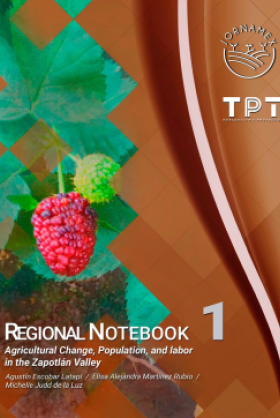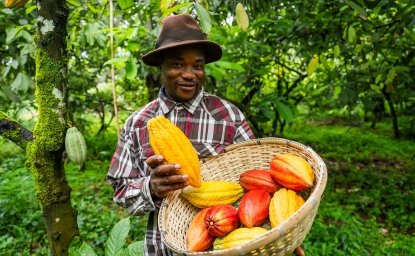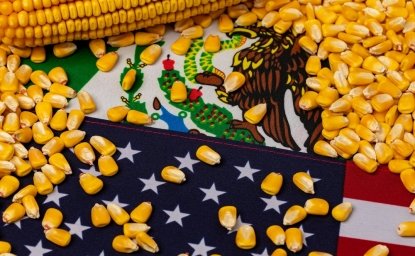Regional Notebook 1 - Agricultural Change, Population, and Labor in the Zapotlán Valley


Over the past century, Mexico has become an agricultural powerhouse providing a wide range of fresh fruits and vegetables to consumers in Mexico and across North America. As the sector has grown, so too have concerns regarding the treatment of the workers who plant and harvest these products. To provide a more granular picture of the history of Mexican agriculture and assess the current labor conditions among those working on farms for export and domestic production, CIESAS conducted a study of workers in Villa Juarez, on the outskirts of Culiacán. We are pleased to publish The Culiacán Valley: A Divided Workforce – a study that describes the development of one of Mexico’s most productive agricultural regions and assesses the conditions of the current agricultural workforce. Through demographic and economic analysis, a clear understanding of the relevant provisions of Mexican law, interviews and visits to the homes and workplaces of current workers, the authors provide a comprehensive analysis of the labor conditions for agricultural workers in the Culiacán Valley. In doing so, they hope to have contributed to enhanced understanding of the nuances and complexities of Mexico’s agricultural sector, including significant differences between formal and “pay as you go” workers.
These regional studies series analyze interactions between agricultural development and social dynamics in specific Mexican regions.
For more information on the project, please visit the project on the following webpages: Wilson Center, Jornaleros México
The Regional Notebook Series has been made possible by generous grants from the Howard G. Buffett Foundation and the Walmart Foundation.
The findings, conclusions and recommendations presented in this report are those of the author(s) alone, and do not necessarily reflect the opinions of either Foundation.
Authors

Professor, CIESAS Occidente; Director, Jornaleros en la Agricultura Mexicana de Exportación


Mexico Institute
The Mexico Institute seeks to improve understanding, communication, and cooperation between Mexico and the United States by promoting original research, encouraging public discussion, and proposing policy options for enhancing the bilateral relationship. A binational Advisory Board, chaired by Luis Téllez and Earl Anthony Wayne, oversees the work of the Mexico Institute. Read more

Explore More
Browse Insights & Analysis
Water Security at the US-Mexico Border | Part 1: Background

China and the Chocolate Factory

Ongoing Debate: The Prohibition of GMO Corn in Mexico
